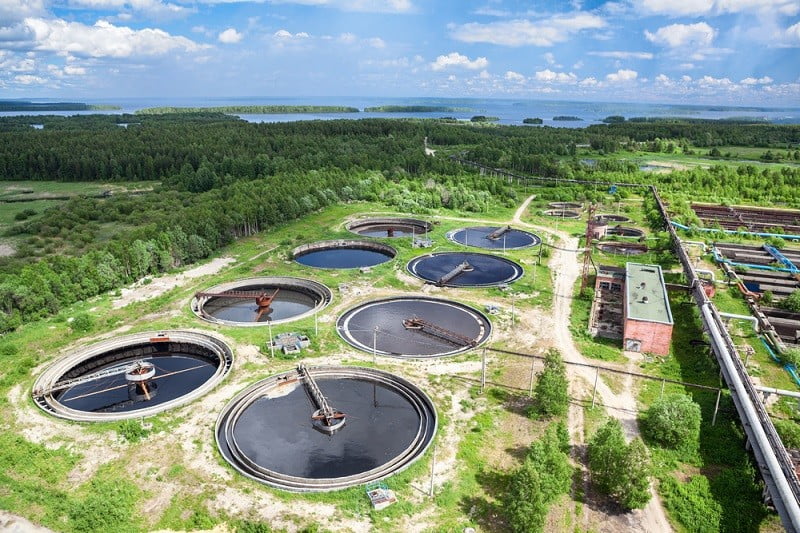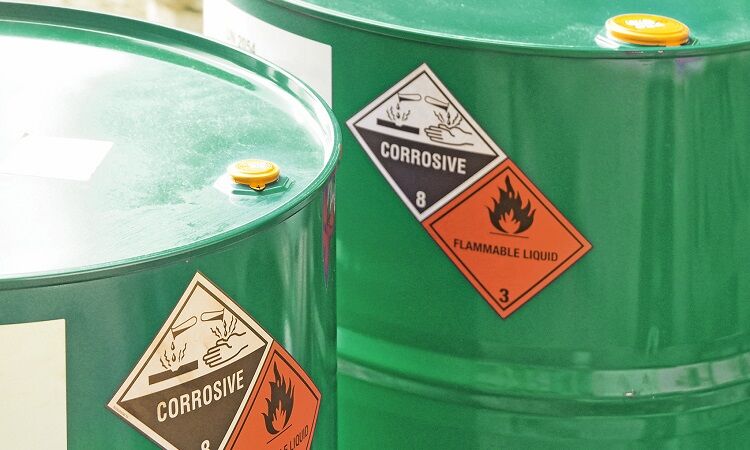Comprehensive Liquid Waste Disposal: Solutions for Homes and Companies
Comprehensive Liquid Waste Disposal: Solutions for Homes and Companies
Blog Article
Recognizing the Comprehensive Refine of Liquid Garbage Disposal: Finest Practices and Environmental Influence Considerations
The monitoring of liquid waste disposal is a multifaceted issue that calls for a complete understanding of numerous best techniques and their connected environmental effects. From the kinds of fluid waste generated to the techniques used for collection, treatment, and final disposal, each step plays a vital role in securing communities and public health and wellness. As regulative criteria develop and technology developments, the discussion around these processes becomes significantly significant. What ramifications do these modifications hold for future sustainability initiatives, and how can stakeholders make certain that they are adequately dealt with?
Kinds of Fluid Waste
Understanding the different sorts of liquid waste is necessary for efficient management and disposal methods. Liquid waste can be extensively categorized into a number of kinds, each needing distinct handling and therapy methods.
Industrial liquid waste typically has dangerous products, including heavy metals, solvents, and chemicals, created throughout making processes. These wastes demand rigorous regulatory conformity to shield human health and wellness and the setting. Residential liquid waste primarily refers to wastewater produced from households, consisting of sewage and greywater, which, although less poisonous, can still posture substantial threats if improperly taken care of.
Agricultural fluid waste, consisting of overflow from farms, often has fertilizers and pesticides that can result in ecological destruction otherwise treated sufficiently. Medical fluid waste, produced from healthcare centers, includes polluted liquids such as bodily fluids and chemicals, requiring specialized disposal approaches to avoid infection and ecological contamination.
Last but not least, oil and grease waste, generally created by dining establishments and automobile markets, can cause severe blockages in drain systems if not taken care of properly. Comprehending these categories assists in targeted methods for treatment, conformity with laws, and reliable disposal techniques, eventually advertising environmental sustainability and public health and wellness safety and security.

Collection Approaches
Effective collection approaches are important for the proper monitoring of fluid waste, making certain that it is gathered securely and successfully prior to treatment or disposal. Different techniques are used relying on the kind of liquid waste generated, the quantity, and the particular characteristics of the waste.
One common technique is the use of committed collection tanks or sumps, which are created to record liquid waste at the source. These systems frequently include pumps that assist in the transfer of waste to larger storage containers or treatment facilities. Additionally, mobile collection devices equipped with vacuum cleaner technology are utilized in circumstances where waste is produced periodically or in hard-to-reach locations.
For commercial setups, closed-loop systems can efficiently reduce leakages and spills, allowing for the recovery and reuse of liquid waste. It is additionally vital to educate workers on appropriate collection methods to mitigate threats connected with dangerous materials.
In addition, carrying out regular upkeep routines for collection devices guarantees optimum efficiency and safety and security. The integration of sophisticated surveillance systems can boost collection efficiency by providing real-time data on waste degrees and possible dangers. Generally, reliable collection approaches are foundational to sustainable liquid waste management techniques.
Treatment Procedures
Treatment processes play a crucial duty in the management of liquid waste, transforming potentially harmful materials into safe effluents or reusable resources - liquid waste disposal. These processes can be broadly categorized right into physical, More Help chemical, and organic why not check here techniques, each tailored to resolve particular impurities existing in the waste stream
Physical therapy techniques, such as sedimentation and purification, work by removing put on hold solids and particle issue. These techniques are often the very first step in the therapy chain, properly minimizing the tons on subsequent processes. Chemical treatments include the use of reagents to counteract unsafe compounds, speed up hefty metals, or oxidize organic pollutants, thus boosting the security of the effluent.
Biological therapy procedures, consisting of triggered sludge systems and anaerobic food digestion, profit from the natural capacities of microorganisms to weaken organic issue. These methods are especially reliable for wastewater containing biodegradable toxins. Advanced treatment modern technologies, such as membrane filtration and progressed oxidation processes, are progressively utilized to achieve higher levels of filtration.
Integrating a combination of these therapy techniques not just guarantees conformity with governing requirements but additionally promotes ecological sustainability by recouping useful resources from liquid waste.
Disposal Options
Exactly how can organizations make sure the secure and accountable disposal of fluid waste? Effective disposal options are crucial for guarding public wellness and the setting. The key techniques consist of land therapy, disposal, and incineration adhered to by discharge into community wastewater systems.
Land disposal includes the cautious control of fluid waste in assigned land fills, ensuring that it does not seep right into bordering soil or water. Incineration, on the other hand, topics liquid waste to high temperatures, transforming it right into ash and gases, which require appropriate filtration to decrease emissions. This method is ideal for dangerous wastes that can not be dealt with via conventional methods.
In situations where fluid waste can be treated, companies may select chemical or organic treatment processes to reduce the effects of unsafe parts before releasing the treated effluent right into municipal systems. This path normally lines up with governing needs, making certain that the effluent satisfies safety and security standards.
Inevitably, companies should carry out detailed analyses find out here of each disposal choice to identify its practicality, taking into consideration aspects such as waste structure, governing compliance, and prospective risks to health and the environment. By selecting ideal disposal approaches, businesses can add to a responsible waste monitoring strategy.
Environmental Impact
The environmental effect of fluid waste disposal is an essential consideration for organizations seeking to minimize their ecological footprint. In addition, the discharge of without treatment or inadequately treated waste into surface waters can result in eutrophication, leading to oxygen depletion and the succeeding death of fish and other microorganisms.

To reduce these impacts, organizations must embrace ideal techniques such as applying rigorous waste therapy procedures, promoting recycling and reuse, and sticking to regulatory standards. By taking a proactive strategy to liquid waste management, entities can considerably minimize their ecological impact while sustaining sustainable advancement goals. Inevitably, an extensive understanding of the environmental effects connected with liquid garbage disposal is vital for educated decision-making and accountable stewardship of natural deposits.
Conclusion
Reliable management of fluid waste is essential for securing ecological integrity and public health and wellness. Inevitably, an extensive understanding of fluid waste disposal not only alleviates environmental effects however likewise fosters a dedication to liable resource monitoring and environmental stewardship.
The monitoring of fluid waste disposal is a diverse concern that calls for a thorough understanding of numerous ideal practices and their associated environmental influences. From the kinds of fluid waste generated to the methods employed for collection, treatment, and final disposal, each step plays an essential duty in securing ecosystems and public health.The environmental impact of liquid waste disposal is a vital factor to consider for companies looking for to decrease their eco-friendly impact. Ultimately, a comprehensive understanding of the environmental impacts associated with fluid waste disposal is essential for educated decision-making and liable stewardship of all-natural resources.
Eventually, a thorough understanding of fluid waste disposal not only reduces environmental influences yet additionally promotes a commitment to responsible source management and ecological stewardship.
Report this page